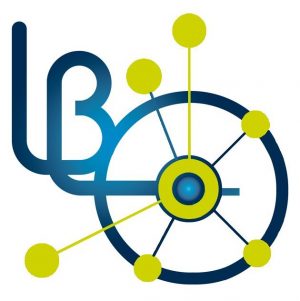Macromolecular complexes made of proteins are ubiquitous in nature. Their biological roles are plentiful and many function at interphases. Studying protein self-assembly in presence of interfaces can unravel their mechanisms of formation as well as hidden functions. Moreover, many biotechnological applications being developed nowadays rely on protein self-assembly. By using diverse examples of biological and biotechnological interests, the importance of studying protein self-assembly at interfaces will be presented. A focus will be given on amyloids (particularly functional amyloids), pharmaceutical proteins, nanovectors, and viruses. The advantages and drawbacks of some biophysical techniques relevant to the study of protein self-assembly will also be discussed.
Luxembourg Centre for Systems Biomedicine, Université du Luxembourg, Belvaux, Luxembourg




